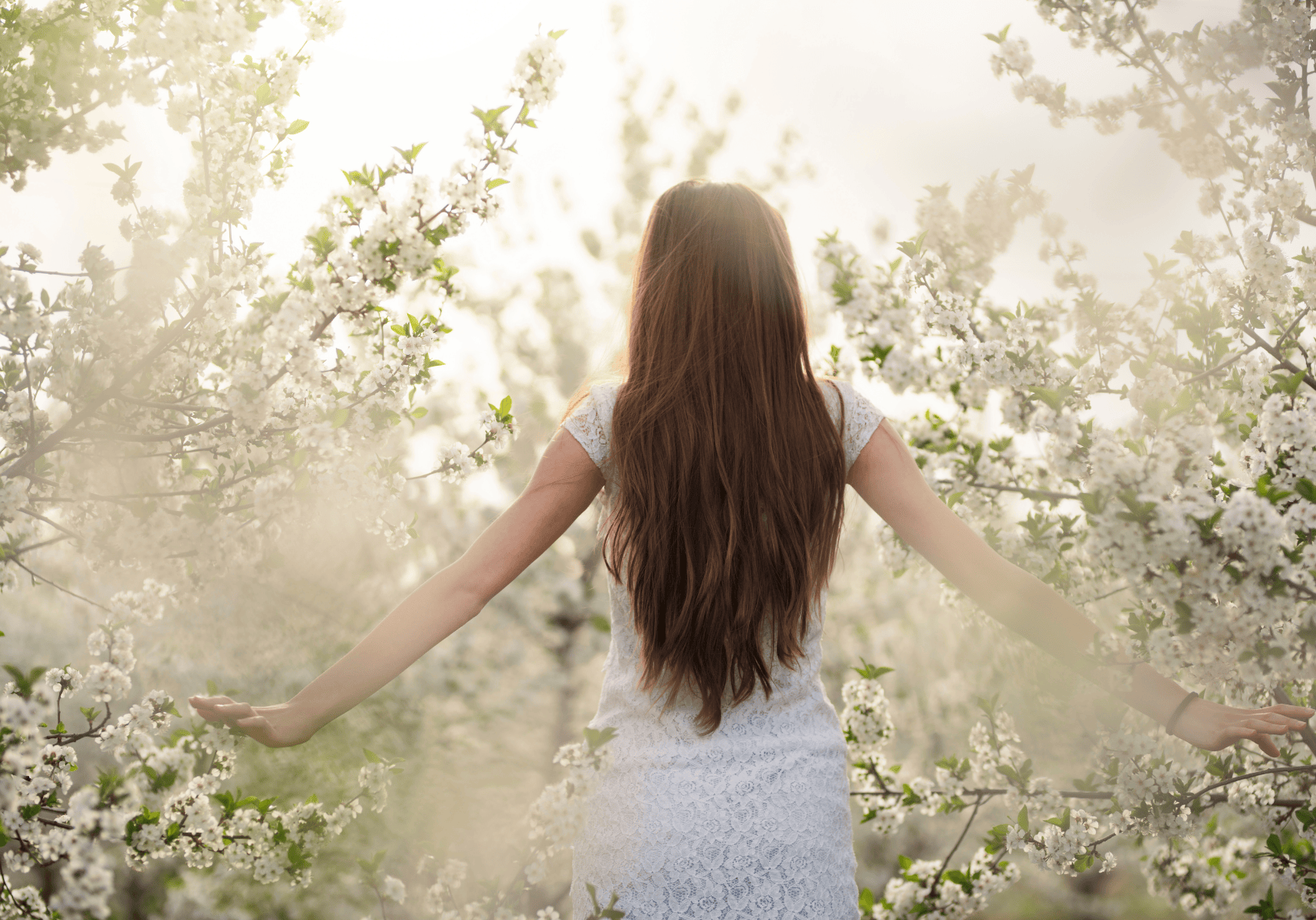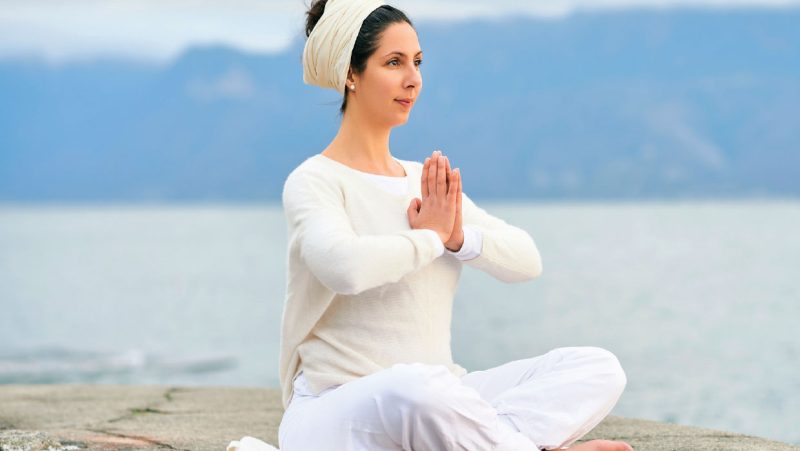
A Journey Through Burnout, Depression, and Spiritual Awakening
Discovering Self-Awareness and Resilience Amidst Academic Pressure and Mental Turmoil- By Bryony Mutton
Reading time: 5 minutes
I’ve always been a driven, highly achieving individual, and my time at university really consolidated my passion for academic research and writing. For me, the feeling of having lightbulb moments, getting excited about research and experiencing the adrenaline rush of writing was almost intoxicating. I was always vaguely aware that perfectionism is a double edged sword, but I’d only ever really experienced the “positive” byproducts - good grades, achievement, progression and recognition.
My growing passion for academia, however, was coupled with a growing need for consistently high marks, and instances in which I didn’t quite meet my own expectations would send my thoughts into a temporary but nevertheless obsessive spiral. A few months into my Masters degree, a number of things (struggling to uphold my own academic standards being just one of them) lead me to experience burnout, which then gradually snowballed into severe depression.
I’d mark this period as the beginning of my yoga* journey (although I most definitely couldn’t see it at the time), for through the suffering and subsequent recovery process I learnt invaluable life lessons in self-regulation, taming the ego, quietening the mind, non-attachment and living fully in the present. In Yoga Therapy for Stress, Burnout and Chronic Fatigue Syndrome, yoga teacher and therapist Fiona Agombar highlights this internal shift that takes place through yoga, as she writes, ‘Habits become hardwired and society reinforces them.
Changing means questioning core values, which involves much inner work. That is what yoga is about: the inner journey, self-reflection and awareness of patterns that were previously unconscious.’ [1] For me, those unconscious patterns were rooted in perfectionism, a constant need to be active or striving towards a goal, as well as a certain level of intolerance of uncertainty.
When I initially burnt out and began to slip into depression, I had absolutely no idea what was happening to me. I thought the main causes of my stress at the time (multiple university deadlines and working too many hours) had passed, and so I was confused as to why I felt a gradual feeling of dread creep up on me again, along with all the other eventual knock on effects: insomnia, exhaustion, lack of concentration, disrupted appetite, rumination, incessantly itchy skin, an overwhelming feeling of numbness and helplessness etc. In his book Asking for Help, Kevin Braddock, who experienced a breakdown in his thirties whilst working as a high flying journalist in Berlin, describes this decline into despair, writing of his own experience, ‘A creeping sense of pointlessness in the endeavour bled into something else [...] like curtains gradually closing over my inner perceptual world, my sense of who I was.
Stress, doubt and disorientation condensed into what we’d describe as depression; the decline into crisis was steep and rapid, but I was deaf to the signals’ [2]. I can relate to this completely, especially with regards to how steep and rapid the decline is. Kevin cites Dr Luke Sullivan on the unbearable nature of being stuck in such a state, who explains, ‘If you find yourself in a position of emotional distress and it’s persistent and intolerable, you will do anything to get out of it. It’s unabating and it keeps going until people say, “I cannot carry on if this is what it’s going to be like”’ [3]. For me, losing my sense of self and control of my own thoughts was both terrifying and excruciating.
In many religions and traditions, however, crisis is seen as an important, even necessary, part of the spiritual journey. In Yoga and the Dark Night of the Soul: The Soul’s Journey to Scared Love, Simon Haas explores the concept of the dark night of the soul, which he defines as ‘a period of intense, disorientating inner turmoil [which] strikes us at the core of our existence’ [4]. Haas draws upon the Bhagavad Gita throughout his work, an ancient epic poem in which esteemed warrior Arjuna has a breakdown just as he is about to go into battle.
The battlefield is an allegory for life, with all of its ups and downs and challenges to be faced, and so the teachings of the Gita are designed to help us navigate daily life, especially times of difficulty. According to Haas, crisis arises notably due to our deep-rooted attachment to a self-constructed, fictitious narrative, the sense of self we derive from this narrative and our inability to accept (or even see) things as they really are. As Haas points out, ‘[this] gives rise to the obsession of “I” and “mine”. We become deeply attached to outcomes and events, fixed on the idea that our story must unfold in a specific way’ [5].
My own narrative was one of achievement and ambition, yet feeling as though I was failing academically and believing my dream of moving back abroad to be slipping away from me meant this narrative began to unravel, along with my sense of self and the joy of being alive. Such disillusionment, however, is necessary in order to bring to light habits that are unconscious, unhealthy or unhelpful, and to give way to true spiritual awakening [6].
Yoga, in this sense, is not necessarily about feeling good or positive thinking (as Western models of yoga tend to misconstrue), rather it is about cultivating self-awareness and the skills that are required in order to sit with disappointment, discomfort and failure. As Haas puts it, ‘yoga [is] the art of living skilfully’ [7].
The first time somebody described depression to me in a way I understood, they explained that I was essentially seeing things through depression “goggles” which warped my perception of everything. I found things that are normally beautiful such as lovely weather or the sound of children laughing excruciating, almost like a wavelength I wasn’t calibrated to.
When I later started to come out of the depression, it felt like I was seeing in colour for the first time, life throbbing in abundance all around me and within me. Kevin Braddock similarly evokes this analogy of vision regarding his own experience, describing ‘the gradual return of a neurological glow, my vision clearing, subtle sensation arising [...] wanting to laugh again. My emotional spectrum broadening to a wider aperture, colours reappearing in the field of monochrome’ [8].
This ability to see and feel is something I didn’t appreciate before my experience of burnout and depression, or at least not in the same way, and so although one of the most difficult things I have experienced, I’m grateful for the ways in which it has shifted my perspective and priorities in life. Yoga in its myriad forms played a vital role in my recovery, and continues to do so when it comes to navigating the ups and downs of life.
Bryony Mutton
References
[1] Fiona Agombar, Yoga Therapy for Stress, Burnout and Chronic Fatigue Syndrome, (London: Singing Dragon, 2020), p. 63.
[2] Kevin Braddock, Everything Begins with Asking for Help: An Honest Guide to Depression and Anxiety, from Rock Bottom to Recovery, (London: Kyle Books, 2019), p. 159.
[3] Dr Luke Sullivan cited in Kevin Braddock’s Everything Begins with Asking for Help, p. 40.
[4] Simon Haas, Yoga and the Dark Night of the Soul: The Soul’s Journey to Sacred Love, (Veda Wisdom Books, 2018), p. 14.
[5] Haas, Yoga and the Dark Night of the Soul, p. 61.
[6] Haas critiques the Western model of yoga, which is largely promoted as a feel-good, positivity-focused practice, explaining, ‘[this idea is based] largely on a culture of avoidance. Yoga doesn’t assume that we won’t have to face astounding ordeals at some point of our life. Rather, yoga anticipates that we will’.
[7] Haas, Yoga and the Dark Night of the Soul, p. 134.
[8] Braddock, Everything Begins with Asking for Help, p. 193.
*commission earned from this link.





